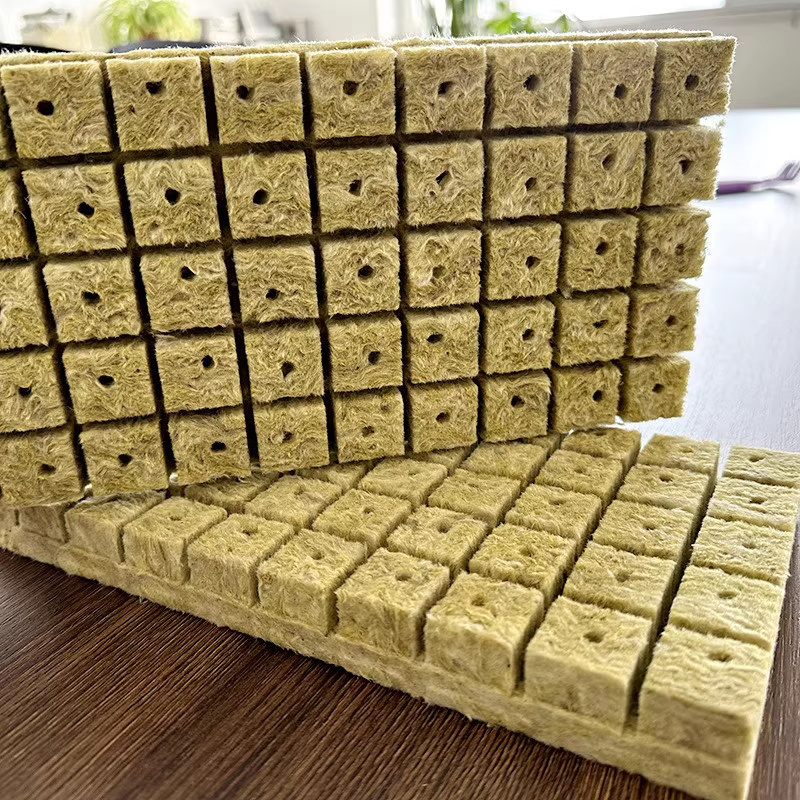Understanding Glass Wool Roll: A Versatile Solution for Insulation and Soundproofing
Oct 06,2025

---
Glass wool roll is a highly versatile material widely used in the construction and decoration industry, particularly for its insulating and soundproofing properties. Made from fine fibers of glass, this product is an efficient and effective solution for thermal and acoustic insulation in residential, commercial, and industrial applications.
One of the primary advantages of glass wool rolls is their exceptional thermal insulation capabilities. These rolls help maintain comfortable indoor temperatures by reducing heat transfer, which is crucial for energy efficiency. By minimizing the need for heating and cooling, glass wool rolls contribute to lower energy consumption and reduced utility costs, making them an environmentally friendly choice for modern building projects.
In addition to thermal insulation, glass wool rolls are known for their soundproofing qualities. The fibrous structure of glass wool effectively absorbs sound waves, making it an excellent choice for spaces that require noise reduction, such as offices, recording studios, and residential buildings near busy roads. This sound insulation capability can significantly enhance the comfort and quality of life for occupants, by creating quieter environments.
Another important aspect of glass wool roll is its lightweight nature, which simplifies handling and installation. This characteristic is particularly beneficial for construction professionals, as it reduces labor time and associated costs. Furthermore, glass wool rolls are available in various thicknesses and densities, allowing builders and architects to choose the most suitable option for their specific project requirements.
Glass wool rolls are also non-combustible, meaning they do not burn easily and can contribute to improved fire safety in buildings. As fire regulations become increasingly stringent, using non-combustible materials like glass wool can enhance the overall safety of a structure. Additionally, glass wool is resistant to moisture, which helps prevent mold growth and maintains the integrity of insulation over time.
Sustainability is another crucial factor driving the popularity of glass wool rolls in the construction industry. Many manufacturers produce glass wool using recycled materials, reducing environmental impact and promoting a circular economy. This eco-friendly aspect makes glass wool rolls a favorable choice for green building projects.
In conclusion, glass wool rolls represent a smart investment for anyone involved in construction and decoration. With their excellent thermal and acoustic insulation properties, lightweight nature, fire safety features, and sustainability credentials, they meet the diverse needs of modern building projects. As the demand for energy-efficient and environmentally friendly materials continues to grow, glass wool rolls will undoubtedly remain a popular choice among professionals in the industry.
Glass wool roll is a highly versatile material widely used in the construction and decoration industry, particularly for its insulating and soundproofing properties. Made from fine fibers of glass, this product is an efficient and effective solution for thermal and acoustic insulation in residential, commercial, and industrial applications.
One of the primary advantages of glass wool rolls is their exceptional thermal insulation capabilities. These rolls help maintain comfortable indoor temperatures by reducing heat transfer, which is crucial for energy efficiency. By minimizing the need for heating and cooling, glass wool rolls contribute to lower energy consumption and reduced utility costs, making them an environmentally friendly choice for modern building projects.
In addition to thermal insulation, glass wool rolls are known for their soundproofing qualities. The fibrous structure of glass wool effectively absorbs sound waves, making it an excellent choice for spaces that require noise reduction, such as offices, recording studios, and residential buildings near busy roads. This sound insulation capability can significantly enhance the comfort and quality of life for occupants, by creating quieter environments.
Another important aspect of glass wool roll is its lightweight nature, which simplifies handling and installation. This characteristic is particularly beneficial for construction professionals, as it reduces labor time and associated costs. Furthermore, glass wool rolls are available in various thicknesses and densities, allowing builders and architects to choose the most suitable option for their specific project requirements.
Glass wool rolls are also non-combustible, meaning they do not burn easily and can contribute to improved fire safety in buildings. As fire regulations become increasingly stringent, using non-combustible materials like glass wool can enhance the overall safety of a structure. Additionally, glass wool is resistant to moisture, which helps prevent mold growth and maintains the integrity of insulation over time.
Sustainability is another crucial factor driving the popularity of glass wool rolls in the construction industry. Many manufacturers produce glass wool using recycled materials, reducing environmental impact and promoting a circular economy. This eco-friendly aspect makes glass wool rolls a favorable choice for green building projects.
In conclusion, glass wool rolls represent a smart investment for anyone involved in construction and decoration. With their excellent thermal and acoustic insulation properties, lightweight nature, fire safety features, and sustainability credentials, they meet the diverse needs of modern building projects. As the demand for energy-efficient and environmentally friendly materials continues to grow, glass wool rolls will undoubtedly remain a popular choice among professionals in the industry.
PREVIOUS:
Contact Us
Company:Sunjoy Technology Co., Ltd.
General Manager: White Eric
Email: admin@sunjoy-rockwool.com
WhatsApp: +86 15202244515 +86 13602124815
Tel: +86 4009950775
Address: Room1701,Jin Fulin Building, Jinnan District,Tianjin,China


